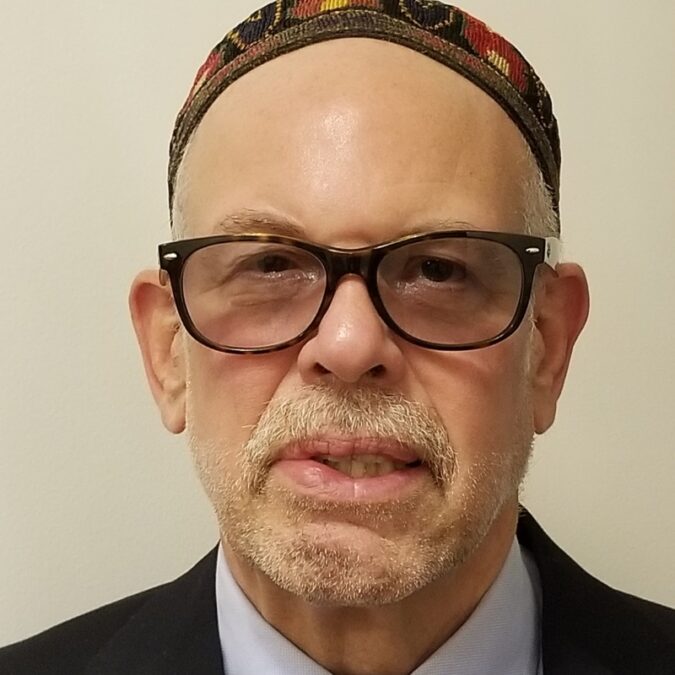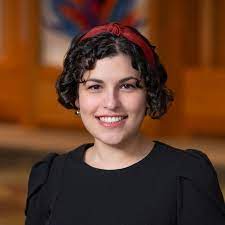Rabbi Jonathan Sacks, z/l: Behar – Bechukotai The Limits of the Free Market
Rabbi Sacks comments on the nature of the economy: “the rich get richer and the poor get poorer.” This phenomenon is the object of the legislation in parashat Behar. The Sabbatical and Jubilee years have the specific purpose of redistributing assets among the population. At the heart of the Tanakh, and in the words of the prophets, each person should be able to establish a basis of economic independence.











